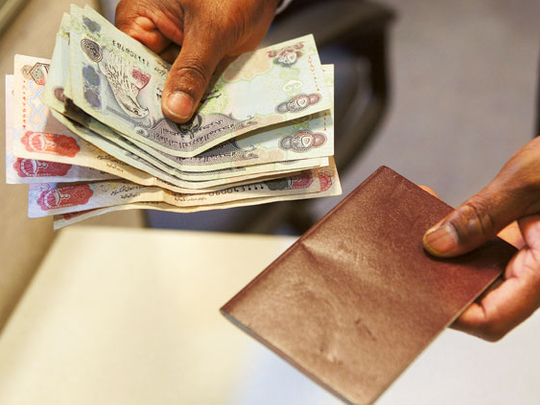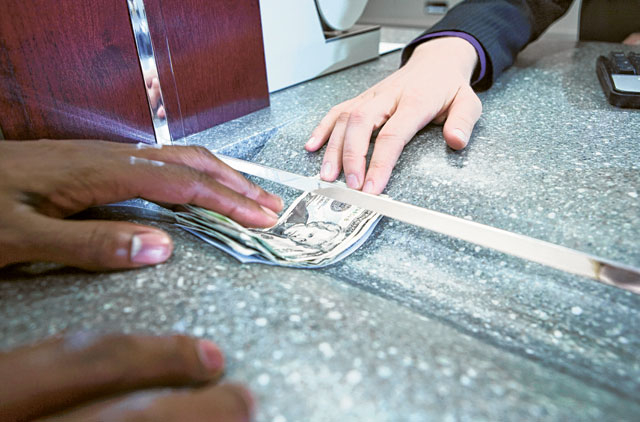
Dubai: UAE residents who are planning to take out a loan or are juggling multiple credit card balances can expect to spend more out of their pockets on interest rates in 2018.
The UAE Central Bank announced last week it would raise its key interest rate by 25 basis points, just after the US Federal Reserve announced a similar adjustment.
Analysts have warned that the move would lead to higher consumer expenses on the cost of personal loans, car loans, mortgages and credit cards. Those that will be affected include existing and future borrowers of short to long-term loans.
However, while the interest rates for savers may move in the same direction as the US Fed rate, one financial expert said savers should not keep their expectations high, as banks focus on widening their net interest margins.
“We believe the rate hike would create inflationary pressures, as the cost of borrowing for both private sector and consumers would go up slightly,” said M.R. Raghu, executive vice president for Kuwait Financial Centre “Markaz.”
“Given the narrow net interest margins of the UAE banks and comfortable loans-to-deposit ratio, UAE banks are likely to use this rate hike as an opportunity to increase their net interest margins (NIM), by keeping the deposits rate at the current levels while increasing the lending rates.”
“Though the rate hike is on short-term interest rates, it is expected to trickle down to medium-term and long-term rates, affecting personal, auto and home loans,” Raghu added.
However, Devesh Mamtani, head of investments and advisory for financial markets at Century Financial, said the interest rates are still at historically low levels, adding that consumers would do well to take advantage of the current rates before further hikes take effect.
“More importantly, [the} US Fed has projected for three more hikes in 2018 and the same could have an impact in UAE,” Mamtani told Gulf News.
“Customers who are planning to avail of loans are advised to take advantage of the current low interest rate regime and opt for fixed rate loans than for the loans with floating rates.”
What to expect
With the new interest rates taking effect from Thursday last week, here are what UAE consumers can expect to happen
Credit card/personal loan
Since the rate at which banks charge for borrowers is pegged to the so-called repo rate, expect the interest rates to go up as well and this will be reflected on the annual percentage rate for variable credit cards.
Car loans
When you take out a loan to get yourself a new car, the financial charge that banks will ask you to pay will also be higher. “Though the current rise is 25 bps, a series of rate hikes would make borrowing expensive on a relative basis,” said Raghu.
Housing loan/mortgage
Consumers who have an existing loan with a UAE bank will still end up paying more if they have signed up for a floating rate. Since the interest rate is not fixed, the new repo rate would mean higher equated monthly instalment (EMI) for borrowers.
Savings account
The interest rate adjustment will most likely not be passed on to savers in the form of higher interest for bank deposits, as banks seek to raise more income.
When will the new rates take effect?
It will all depend on the respective banks, although the new rate took effect last week yet. “The time of rate increase on borrowings will be decided by the respective banks based on their balance sheet pressure,” said Raghu.













